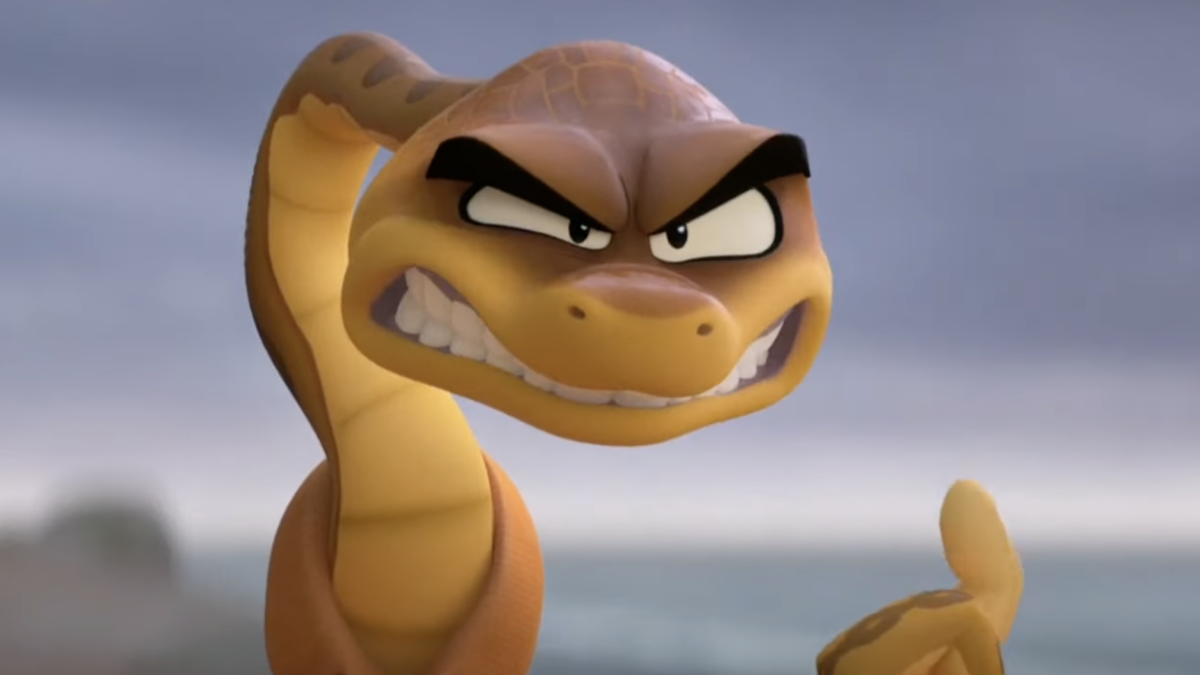
It’s no secret that children’s entertainment has become a battleground for political propaganda. Disney has admitted an explicit LGBT agenda, and that resolve has been increasingly exhibited in Disney’s animated movies.
As such, the concerned parents of the next generation may find it difficult to find good content for children to consume. Have no fear: These movies are a great alternative to the grossly sexualized content Disney is oozing out.
1. Shrek
Admittedly, DreamWorks isn’t the savior of animated media. Previous reporting explored the studio’s financial ties to the Chinese Communist Party through its parent company, MSNBC. So, one would do well to be wary.
Still, throughout its life, arguably continuing through the present, DreamWorks has parodied Disney like no other, giving rise to the animated classic about an outcast ogre and his quest to save Princess Fiona.
The potty humor illustrates how gross Shrek is—unlike the perfect, clean, and handsome princes of Disney’s fairy tales. Despite it all, the plot follows this massive slob with greenish skin wrestling with the belief that he is unloveable. In the end, he finds that who he is on the outside has nothing to do with his value.
2. Megamind
Similar to Shrek, Megamind is a blue-skinned alien outcast whose planet was destroyed. His nemesis, the Superman-esque Metroman, protects the city against Megamind’s evil schemes until one plot destroys the caped superhero.
Without a “good guy” to protect the city, Megamind assumes control, trashes the city, and slowly falls in love with the news reporter Roxanne Ritchie. It changes him, and over the course of the film, Megamind’s juxtaposition against his new nemesis, Titan, shows that not everyone who does “nice” things have good intentions.
What matters is doing right just because it’s right.
3. The Prince of Egypt
As a powerful retelling of Israel’s exodus from Egypt, “The Prince of Egypt” follows Moses, who submits to God’s call to rescue His people from slavery in Egypt. Not only is the film a moving depiction of God’s presence, but it reminds its viewers to continue hoping because no one is stuck in slavery. Things can get better.
4. The Bad Guys
From the beginning, “The Bad Guys” looks like it’s going to glorify evil and chaos. The movie begins with the police chasing the film’s titular expert criminals. The Bad Guys’ leader, suave Mr. Wolf, draws you in and tells you, “Yeah, we may be bad, but we’re so good at it.”
Yet, at the emotional climax of the movie, when Mr. Snake explains why he hates his birthday, his words are telling:
When you grow up a snake, nobody shows up to your party. Birthdays are a constant reminder that, out there, I’m just a scary, good-for-nothing monster.
Yet “The Bad Guys” is not the message of oppression that Disney’s woke scriptwriters promulgate. On the contrary, by the end of the movie, Mr. Wolf and his gang embrace the good life and take personal responsibility for their actions, resolving to change their ways.
5. Puss in Boots: The Last Wish
Instead of watching “Lightyear” and indulging Disney’s fantasy of force-feeding political agenda to impressionable children, consider “Puss in Boots: The Last Wish,” in which the namesake tabby cat confronts the reality of having one of his nine cat’s lives remaining. Contrary to his doctor’s orders to retire and live idly in safety, Puss pursues the wishing star, which could restore his eight other wasted lives.
Behind the movie, its message calls its viewers to consider that sometimes the best wishes—the things worth living for—are the ones that come true without magic.
While “you only live once” reflects a contemporary attitude of rebellion against social norms, “Puss in Boots” suggests otherwise: that one should make the most of the one life that we are given. Love your family. Live faithfully and selflessly.









